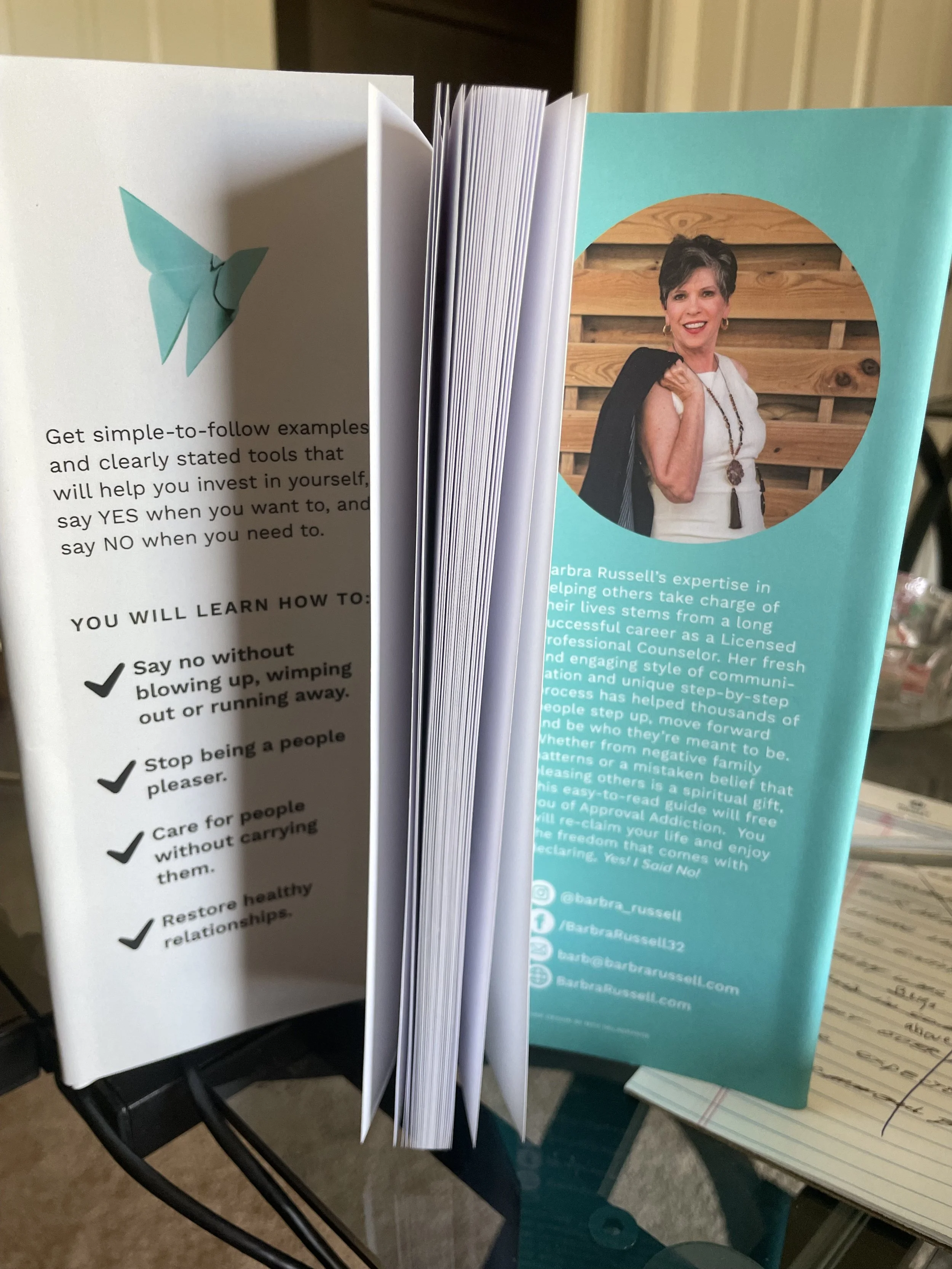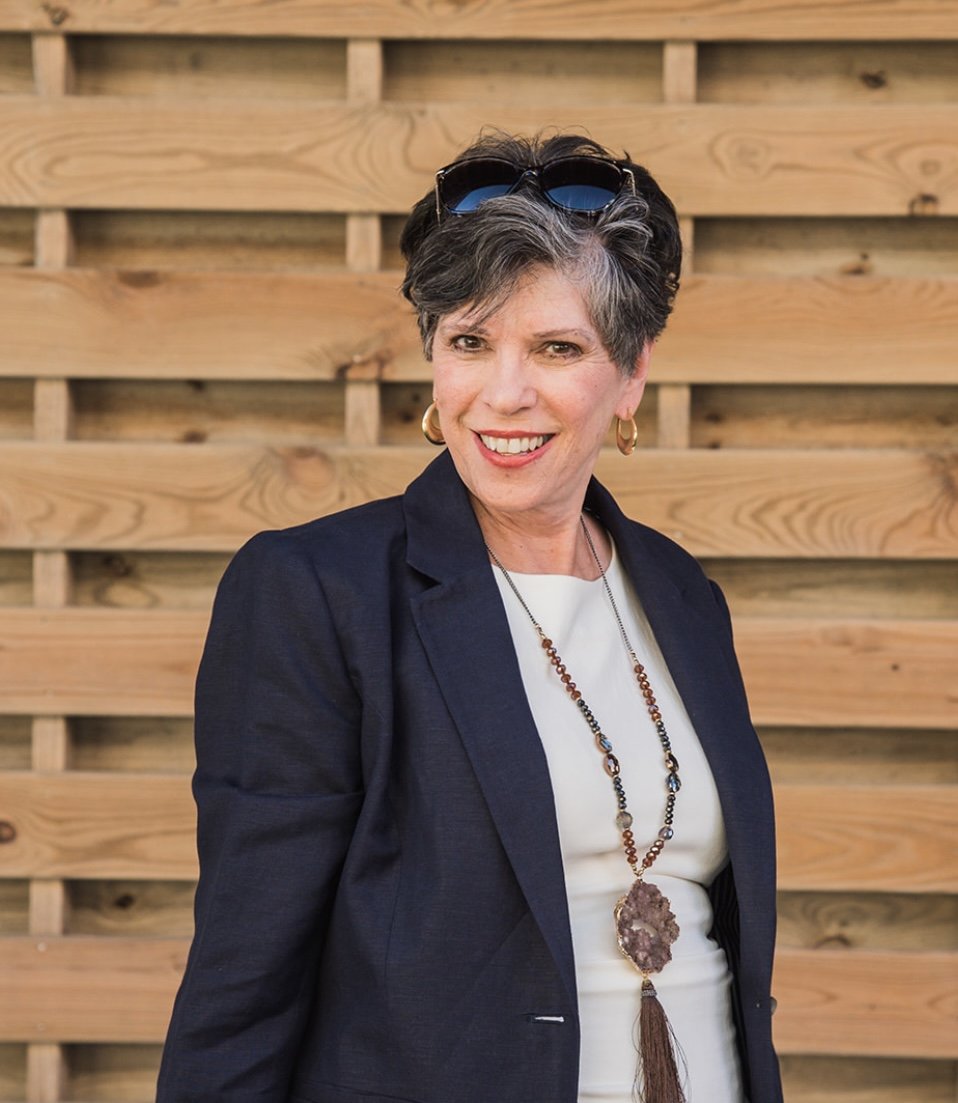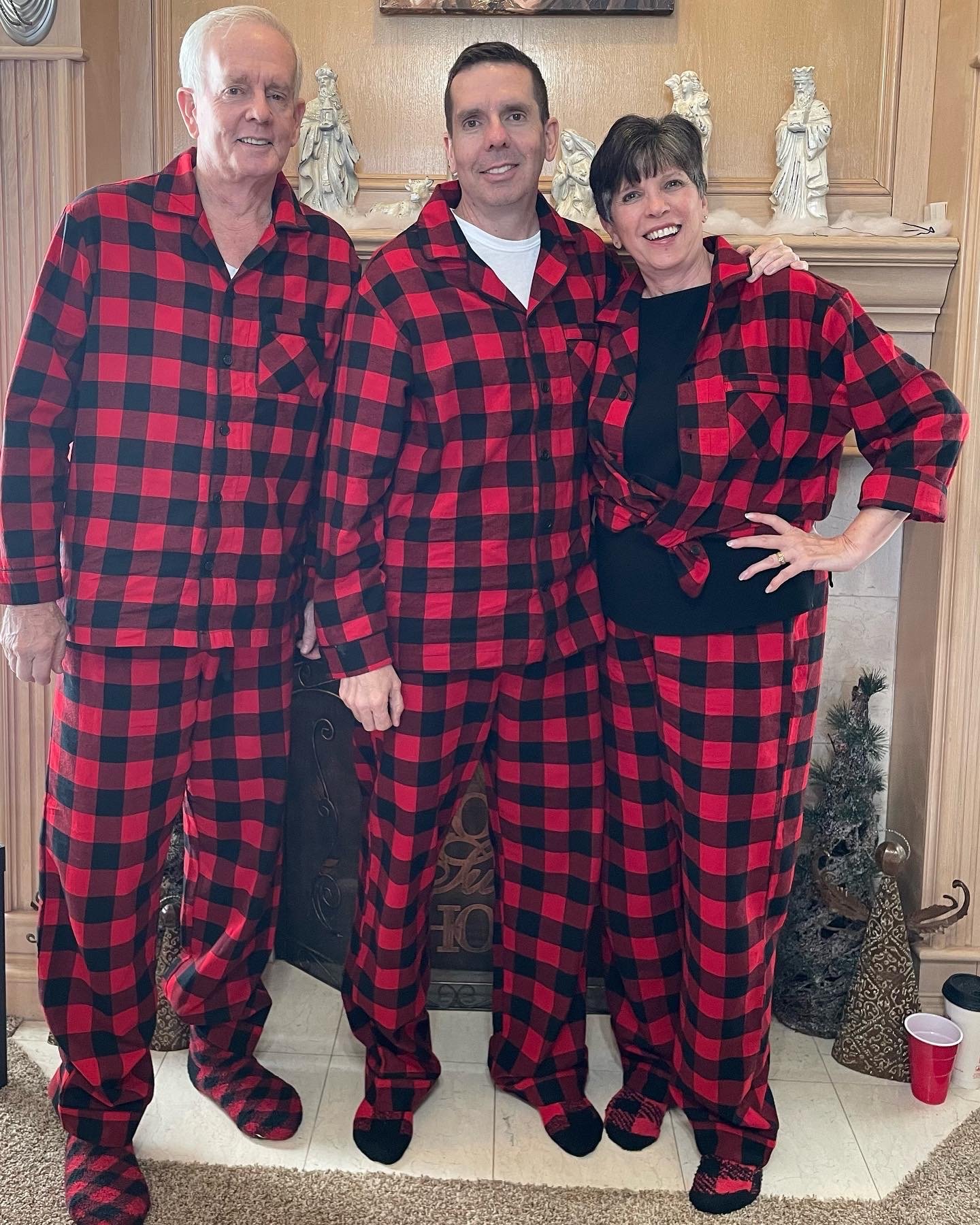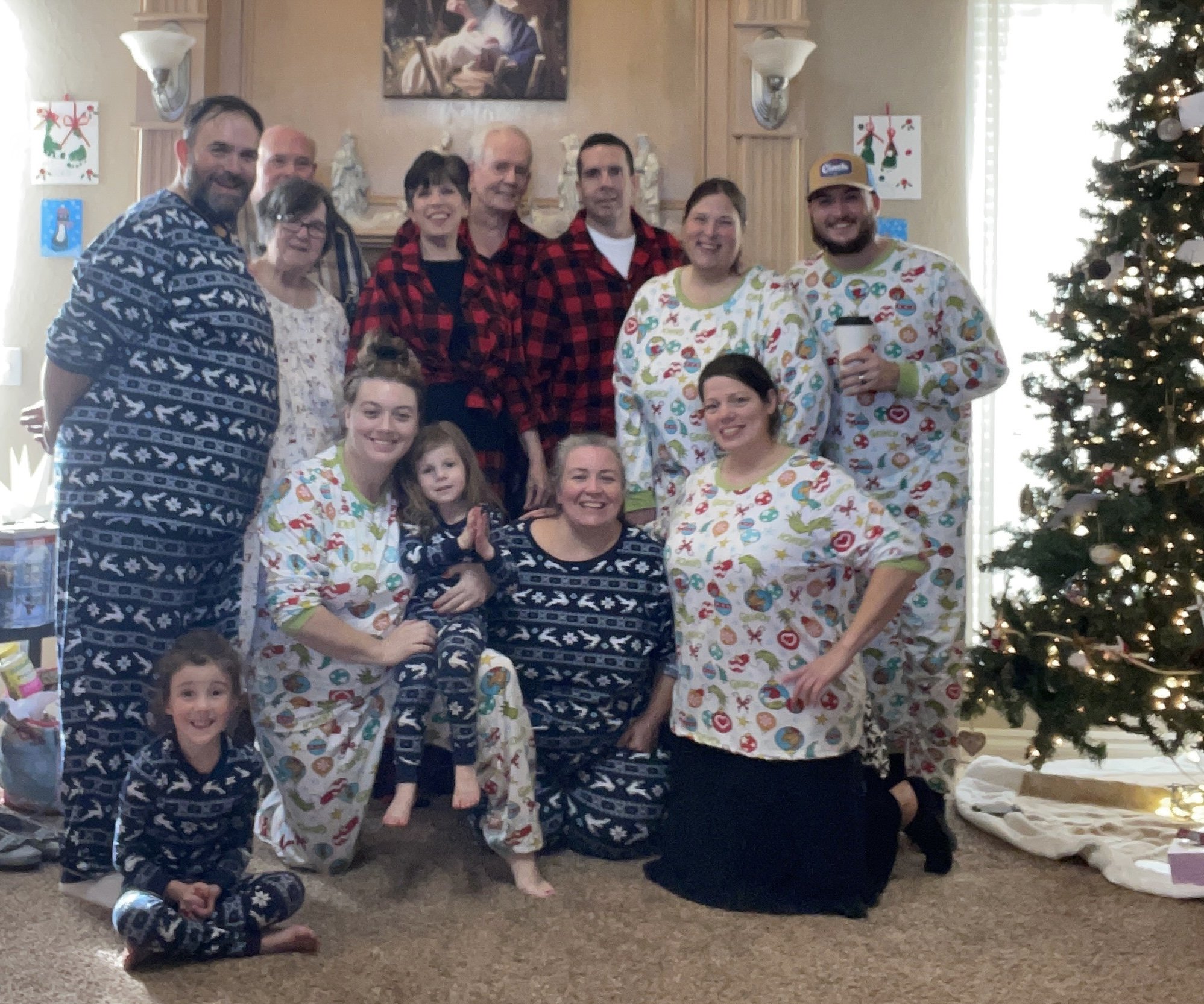Imagine growing up feeling like an Amish kid—minus the bonnet, but with all the rules. That was my childhood in the Bible Belt, where my father doubled as both dad and stern-faced pastor, and life came with a long list of religious restrictions. Picture a 6th-grade girl sprinting around the school track in a skirt while her classmates dashed by in shorts. Yep, that was me—modest, mortified, and desperate to be accepted. Somewhere along the way, I picked up the belief that performance equals love. So I smiled, I served, I excelled. People pleasing wasn’t just a habit—it became my superpower.
Performing and people pleasing worked—for a while. I built an impressive first career in healthcare administration, managing large medical clinics and leading teams of physicians and staff. My business degree came in handy, and my performance-driven mindset kept me productive and moving forward. But inside? I was still the little girl chasing after love with a plate full of accomplishments and a heart full of doubts.
Thankfully, healing began. Counseling, faith, and a few incredible people—my mother, my husband Jerry, and some wise mentors—believed in me until I could believe in myself. Eventually, I went back to school, earned a master’s in counseling, and became licensed in Colorado. That launched my second career: working with individuals and couples in my private counseling practice to help them build boundaries, confidence, and more authentic lives.
When I moved to Denver, I started a counseling division at a large church, supervised grad students, and led support groups and trainings. Over time, one thing became crystal clear: I wasn’t alone in my struggles. So many of my clients—and the people I spoke to at events—had lived similar stories. They didn’t know how to say no either.
That’s what inspired me to write Yes! I Said No! This book came straight from the trenches of my own life and the therapy room. It’s for every people pleaser who’s ever nodded yes while screaming no on the inside. It’s part memoir, part roadmap—and all heart.
Why am I telling you this? My story helped me discover some valuable truths, and if I share them with you, perhaps your story will be richer for it.
1. Truth #1: You’re not stuck with old habits, systems and yes, even lies imparted from the tribe you grew up in. Question everything that doesn’t feel right. I remember wondering why I was not allowed to wear earrings or necklaces while other women in my church proudly displayed broaches on their dresses.
2. Truth #2: Welcome new experiences, new people and new truths. I had to marry and move away before hearing about a God of grace versus a vengeful Lord.
3. Truth #3: It’s never too late, and you’re never too old. I returned to college in my 40’s and published my first book at age 70.
4. Truth #4: Never waste your experiences. If you’re a speaker, tell your story. If you’re a writer, start a journal. It may turn into a book that is a resource for years to come.
Truth be told, we’re all walking each other home—and if my map helps you dodge a few potholes, I’ll consider that a win. Keep questioning. Keep growing. And remember it’s never too late to rewrite your story—or to say a bold, beautiful, liberating no.










































